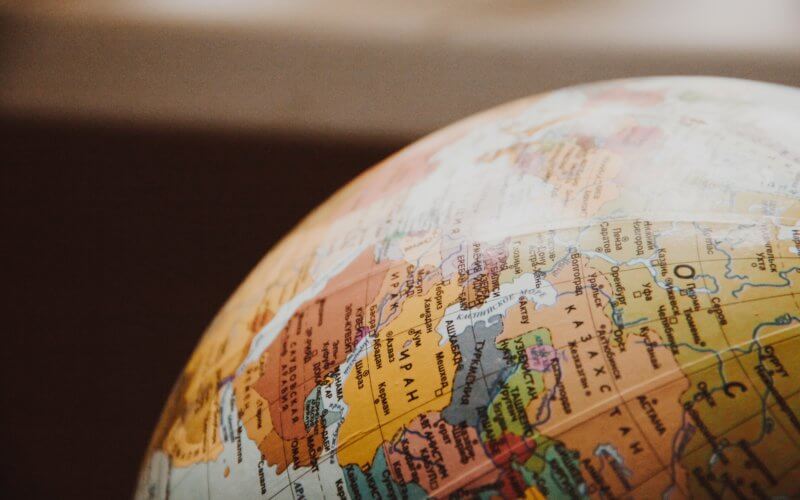How to get over jet lag

Love travel? How about the hard-to-get-over jet lag, that exhaustion that hits you once your body realizes it’s not 2 PM anymore?
Travel and fatigue is a popular conversation topic. You must know people who swear by their favorite pills, alcohol, eye masks, or neck pillows to fight jet lag. But what is jet lag exactly, and what can we do to get over it?

What is jet lag?
Jet lag is what happens when your body is in the wrong time at the right place. It has to do with circadian rhythms and your body’s natural clock.
A circadian rhythm is the cycle that your body goes through in a period of around 24 hours. This biological clock regulates blood pressure, body temperature, hunger, and sleep readiness.
When you travel, you are still ticking on your body’s time, not the local time. Normally, when it gets darker out, retinal cells in the eye tell the hypothalamus area of your brain that it is time for the body to release the hormone, melatonin. This gets you ready for bed. But if you have traveled to the other side of the world, that darkness signal might not arrive for several more hours.
Jet lag is about sleep, but also about other factors:
-Exposure to unnatural airline cabin pressure and a dry plane environment
-Amount of time zones passed
-Frequency of flights
-Your age
To sum it up, your body is still going through its normal cycle, but now it’s being asked to fast forward, or back, immediately.
Tips
Want to get over jet lag fast the next time you travel?
Here are some of our tips:
Time
In order to preemptively “cure jet lag,” trick your body into believing it is already in your destination, days before traveling there. If going east, try to eat and sleep a little later each night before your flight. Do everything earlier if you are heading westward.
Try the same on your flight– sleep if everyone else would be sleeping in your destination, or fight the urge to sleep if the locals are fully awake.

Light
In addition to playing with hours and your body’s natural sleep cycles, try light exposure. Light plays a big role in determining whether your body needs or wants to sleep at the moment. By exposing yourself to light at the appropriate times of your destination, you can also improve your jet lag recovery.
Melatonin
In our article about natural sleeping aids, we mentioned melatonin. Melatonin is like light — a large amount of melatonin is released in the body at sunset, right as we start thinking about sleeping. Therefore, melatonin could be a great way to combat jet lag.
If you take melatonin at an appropriate time for your destination, you might trick your body into wanting to sleep at the local time.
Reminder
As a last tip, it’s important to remember that trying to get over jet lag will be worse if your sleep already isn’t great. Get a good night’s sleep the week before traveling if you want to feel ready-to-go when you land. Might be hard if your week is full of goodbyes or “bon voyage” celebrations, but you won’t regret it once you arrive.
Main takeaways
What is jet lag?
Jet lag is your body's response to travel. The body is forced to adapt to harsh plane environments, new time zones, and a whole new eating and living schedule. As a result, it may experience fatigue.
Why do we get jet lag?
With time zone changes, the body's internal clock is unable to quickly adapt to going to bed and eating, etc. at new, drastically different times.
What can I do about it?
You can prepare yourself ahead of time, by going to bed and eating either earlier or later, according to the destination's schedule. Also make sure to get adequate sleep and rest before traveling.
Discover your sleeper profile with this sleep test
Start



